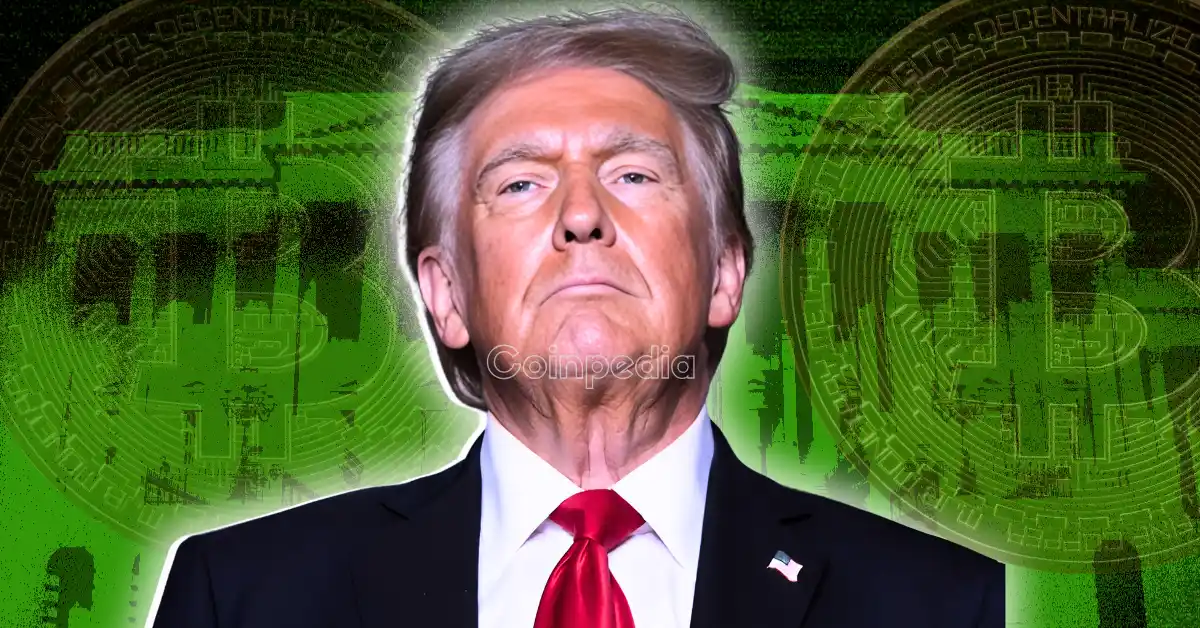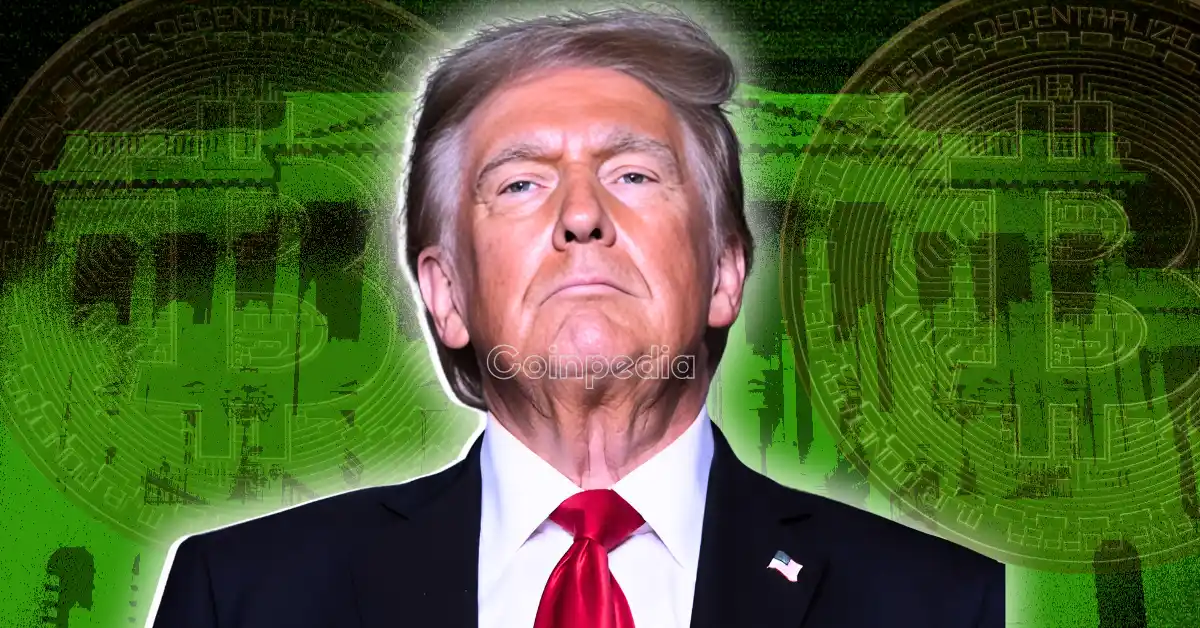The United States’ Strategic Bitcoin Reserve: A New Era of Digital Asset Management
Introduction: A Paradigm Shift in Financial Strategy
The digital age has ushered in a new era of financial innovation, with cryptocurrencies emerging as a disruptive force in global markets. Among these digital assets, Bitcoin stands out as a pioneering technology with the potential to reshape traditional financial systems. The United States’ decision to establish a Strategic Bitcoin Reserve represents a bold and strategic move, signaling a shift in government policy towards embracing digital assets. This report explores the genesis, implications, and future directions of this groundbreaking initiative.
Genesis of the Strategic Bitcoin Reserve
The journey towards the establishment of the Strategic Bitcoin Reserve began with a series of strategic decisions and policy shifts. On March 6, 2025, President Donald J. Trump signed an Executive Order that marked a pivotal moment in the U.S. government’s approach to digital assets. This order directed the creation of a Strategic Bitcoin Reserve and a U.S. Digital Asset Stockpile, reflecting a proactive stance towards the evolving digital economy.
The rationale behind this decision is rooted in Bitcoin’s unique characteristics. As a decentralized, scarce, and secure digital asset, Bitcoin offers a compelling alternative to traditional reserve assets. Its capped supply of 21 million coins ensures scarcity, while its robust security features make it resistant to hacking and fraud. These properties have earned Bitcoin the moniker “digital gold,” positioning it as an attractive asset for long-term strategic reserves.
The establishment of the Strategic Bitcoin Reserve also aligns with a broader trend of governments recognizing the potential of digital assets. By taking this step, the U.S. aims to position itself as a leader in the digital economy, fostering innovation and maintaining its competitive edge in the global financial landscape.
Quantifying the U.S. Government’s Bitcoin Holdings
One of the most pressing questions surrounding the Strategic Bitcoin Reserve is the extent of the U.S. government’s Bitcoin holdings. While the exact figure remains somewhat elusive, various sources provide valuable insights into the scale of these holdings.
As of December 15, 2024, data suggested that the U.S. government owned approximately 198,012 Bitcoins. This figure is consistent with estimates from blockchain analytics firms like Arkham Intelligence, which placed the holdings at around 198,109 Bitcoins, valued at approximately $17.7 billion. However, more recent Freedom of Information Act (FOIA) documents reveal a more precise figure of 28,988 Bitcoin, clarifying that a significant portion of the held BTC is not actually the government’s property.
The majority of these Bitcoin holdings originate from law enforcement seizures, with the largest sources being:
- 94,643 BTC from the Bitfinex hack, seized from Ilya Lichtenstein and Heather Morgan.
- 69,370 BTC from the Silk Road marketplace.
These seizures highlight the government’s role in combating cybercrime and illicit activities in the digital space. By holding these assets, the government not only secures them from potential misuse but also positions itself to leverage them for strategic purposes.
Strategic Implications and Future Directions
The establishment of the Strategic Bitcoin Reserve has far-reaching implications for the cryptocurrency market and the broader financial system. This section explores the impact on market dynamics, the regulatory landscape, and geopolitical considerations.
Impact on Market Dynamics
The U.S. government’s substantial Bitcoin holdings could significantly influence market dynamics. The decision to hold these assets as a strategic reserve, rather than selling them off, signals a long-term bullish outlook on Bitcoin. This could encourage greater institutional investment and further validate Bitcoin as a legitimate asset class.
The mere presence of a government-backed Bitcoin reserve could instill confidence in the market, attracting more investors and fostering a more stable and mature ecosystem. Additionally, the government’s involvement could lead to increased liquidity and market depth, benefiting both retail and institutional investors.
Regulatory Landscape
The White House crypto policy report, released on July 30, 2025, provides valuable insights into the government’s regulatory approach to digital assets. The report calls for the Securities and Exchange Commission (SEC) to create new rules specific to digital assets. This is a step towards creating a clearer regulatory framework for the industry.
A well-defined regulatory landscape is crucial for the growth and stability of the cryptocurrency market. By establishing clear guidelines, the government can protect consumers and investors while fostering innovation and growth. This balanced approach is essential for the long-term success of the digital asset ecosystem.
Geopolitical Considerations
The U.S. government’s embrace of Bitcoin as a strategic asset has geopolitical implications. As other countries explore digital currencies and blockchain technology, the U.S. is positioning itself to remain at the forefront of financial innovation and maintain its economic competitiveness.
By establishing a Strategic Bitcoin Reserve, the U.S. sends a strong signal to the global community about its commitment to the digital economy. This move could influence other governments to adopt similar strategies, leading to a more integrated and interconnected global financial system.
The Road Ahead: Challenges and Opportunities
While the establishment of the Strategic Bitcoin Reserve represents a significant milestone, several challenges and opportunities lie ahead. This section explores the key issues that the government must address to ensure the success of this initiative.
Custody and Security
Managing a large Bitcoin reserve requires robust custody and security measures. Ensuring the safe storage of these assets and protecting them from cyber threats is crucial. The government must invest in advanced security protocols and collaborate with leading cybersecurity experts to mitigate these risks.
Implementing multi-signature wallets, cold storage solutions, and regular security audits can enhance the security of the reserve. Additionally, the government should consider partnering with reputable custodial services to leverage their expertise and infrastructure.
Transparency and Accountability
Maintaining transparency and accountability in the management of the Strategic Bitcoin Reserve is essential for public trust. Regular reporting on the size and composition of the reserve, as well as the policies governing its use, will help ensure responsible stewardship of these assets.
The government should establish clear guidelines for the management of the reserve, including the criteria for acquiring and disposing of assets. Regular audits and public disclosures can enhance transparency and build confidence in the government’s handling of these assets.
Evolving Regulatory Landscape
The regulatory landscape for cryptocurrencies is constantly evolving. The government must remain adaptable and proactive in shaping regulations that foster innovation while protecting consumers and investors. This requires ongoing dialogue with industry stakeholders and a commitment to evidence-based policymaking.
By engaging with the cryptocurrency community, the government can gain valuable insights into emerging trends and technologies. This collaborative approach can lead to more effective and balanced regulations that support the growth of the digital asset ecosystem.
A Bold Step into the Future
The establishment of the Strategic Bitcoin Reserve marks a significant turning point in the U.S. government’s relationship with digital assets. By recognizing Bitcoin’s potential as a strategic asset, the U.S. is positioning itself to lead the way in the emerging digital economy. While challenges remain, the opportunities for innovation, economic growth, and enhanced financial stability are immense.
As the world becomes increasingly digital, embracing Bitcoin and other digital assets is not just a matter of economic competitiveness but a necessity for maintaining global leadership. The Strategic Bitcoin Reserve represents a bold step into the future, paving the way for a more innovative and resilient financial system. By leveraging the unique properties of Bitcoin, the U.S. can secure its position as a leader in the digital age, fostering a more inclusive and dynamic global economy.












